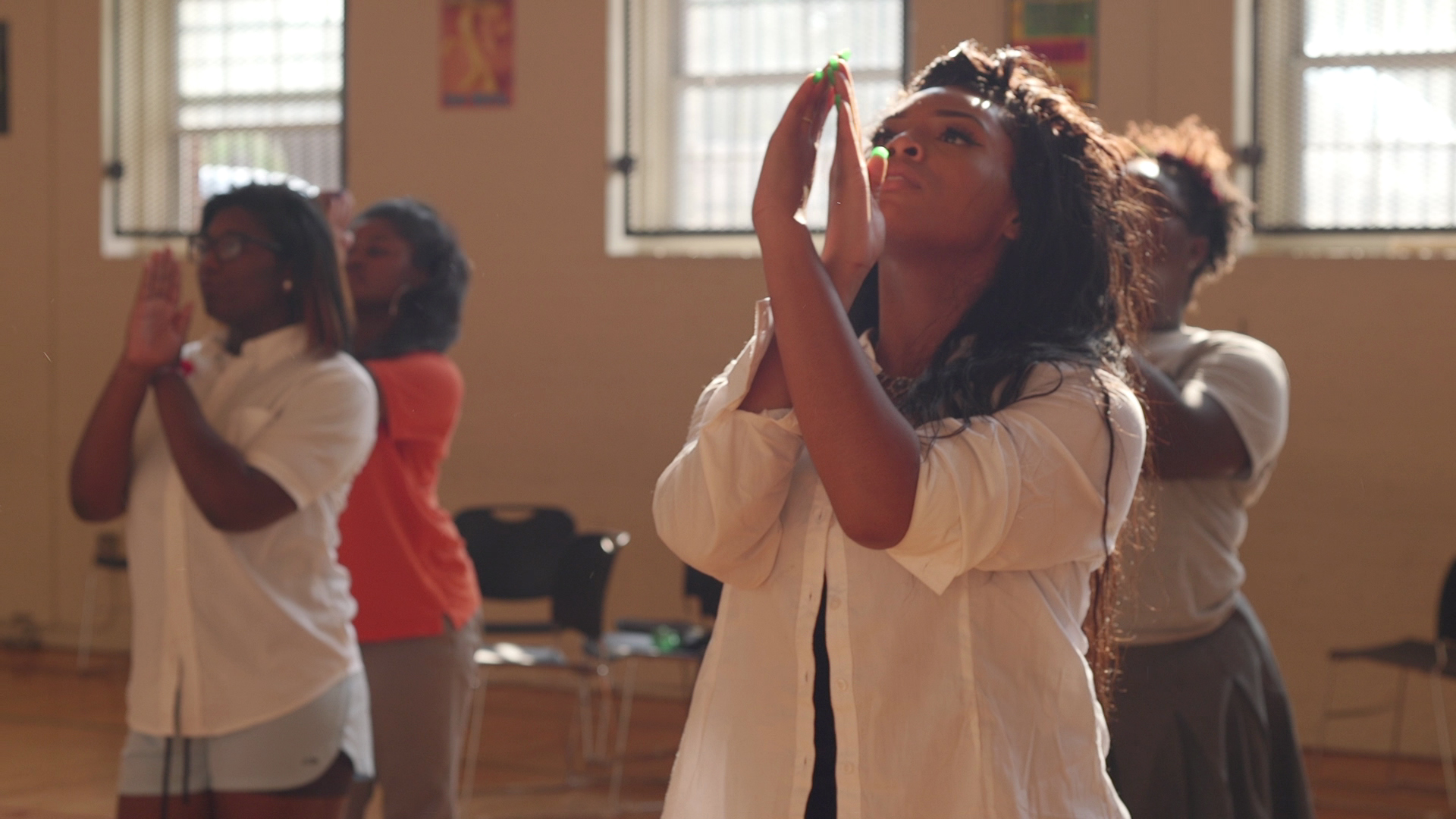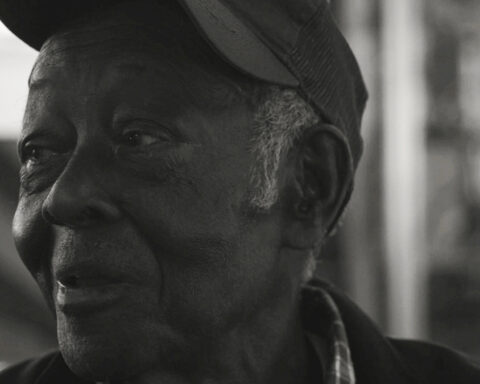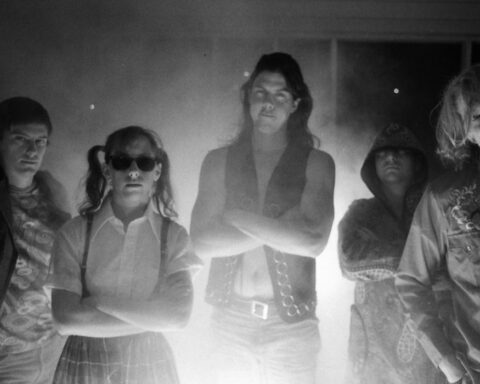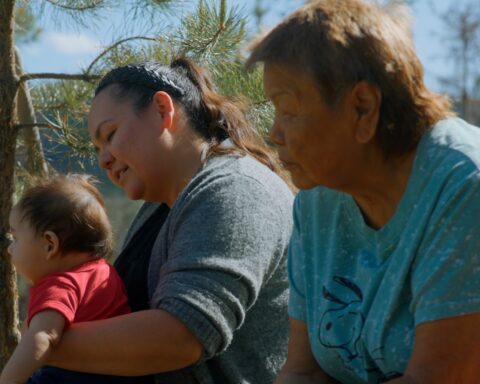Step
(USA, 83 min.)
Dir. Amanda Lipitz
Programme: Special Presentations (International Premiere)
Step, a winner at this year’s Sundance Film Festival for inspirational filmmaking, is a must-see documentary. While distribution with Fox Searchlight Pictures means Step is one of the Hot Docs selections that film buffs may see after the festival, it’s one of the hotter ticket titles for many good reasons. The film profiles a team of teenage girls on the step dancing team at Baltimore Leadership School for Young Women as they consider their future opportunities and grapple with the question of what it means to Black in America. This upbeat, and inspiring doc from Amanda Lipitz checks all the boxes for the kind of discovery one hopes to encounter at a festival.
A contemporary dance that pulses with furious stomps and staccato movements, step offers an outlet for these girls who live in a rough part of town. An early scene sees the new step coach introduce herself to the team; she relates to the girls by telling them that she lives on the same street as 25-year-old Freddie Gray, who died in police custody in April 2015 following massive injuries to his spinal cord. An appropriate pause respects Gray’s life and lets the cause hit close to home for the girls before they channel their anxieties into dance.
The step practices are intense and absorbing as Lipitz and cinematographer Casey Regan take an up-close portrait of the girls as they escape the violence of the streets. The escalating racial tension and divides in the USA provide an urgent backdrop to Step while the potency of the Black Lives Matter movement infuses the girls’ performances. Every stomp and every step of their journey is a passionate assertion of their rights, particularly when it comes to education.
Lipitz takes audiences into the lives of several members of the step team. These profiles illustrate how a handful of students from the same team, class, school, and community have vastly dissimilar backgrounds that shape their experiences.
The founder of the step team is Blessin Giraldo, a popular social butterfly who owns the stage with slick technique, confidence, and fierce stage presence. (She’s a dead ringer for Beyoncé Knowles, if Broadway ever has plans to make “Lemonade” a musical.) She has the ingredients for stardom, but a dangerously low GPA [grade point average] threatens her future, while her boyfriend and her mother both discourage her from pursuing viable education opportunities far away from home.
Threads with students like Cori Grainger and Tayla Soloman, on the other hand, show members of the step team finding as much success and support in the home as they have on the dance floor. While both girls have solid potential for higher education and bright futures, Step nevertheless shows them having difficult conversations with their parents and counsellors that suggest they must manage their expectations. Only a small fraction of students in America can afford the costly tuition of the top-tier and Step puts audiences directly inside the homes of citizens who simply need the opportunity to reach their full potential.
While Step lets the girls have their own voices, Lipitz doesn’t shy away from holding parents accountable for the roles they play in determining their children’s futures. The support Blessin receives, or struggles to receive, is a recurring challenge as her mother battles depression and avoids meeting with the teachers and advisors who work tirelessly to help the young woman succeed. The other girls, alternatively, have parents at their sides: at step practice and at orientation meetings, they are present and engaged. The support has visible effects on the confidence and behaviour of the girls.
The hero of the film, however, is the school’s academic advisor Paula Dofat. She displays selfless devotion to the girls as she guides them through the opportunities at their feet and advises them on the steps to achieve their potential. Dofat’s effort with Blessin is especially inspiring and effective in illustrating the priceless benefit that a positive role model has on a child’s future. One particularly poignant scene sees Dofat invest a personal stake in Blessin’s future and Step is surprisingly emotional—naked and disarming even—when the educator steps up for the girl when nobody else will.
This rousing and inspiring doc is a sure-fire crowd-pleaser. Lipitz brings all the right moves to her documentary as Step has the finesse, technique, artistry, and heart to score a perfect 10. Like a confident performer, Step struts up to the stage with a cool swagger and throws down the glove before it makes your spirit soar. Let the race begin!
Step screens:
-Friday, April 28 at TIFF Lightbox 2 at 8:45 PM
-Sunday, April 30 at Hart House at 3:30 PM
-Sunday, May 7 at Aga Khan Museum at 5:45 PM











